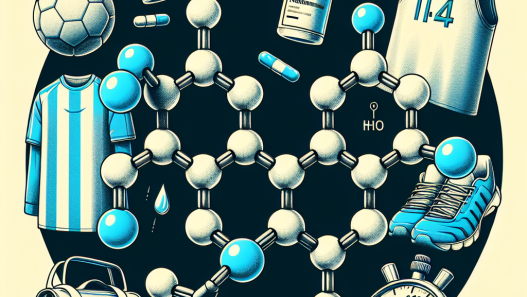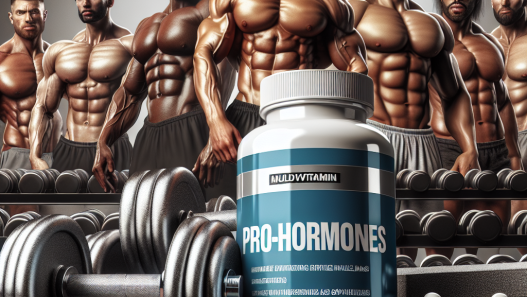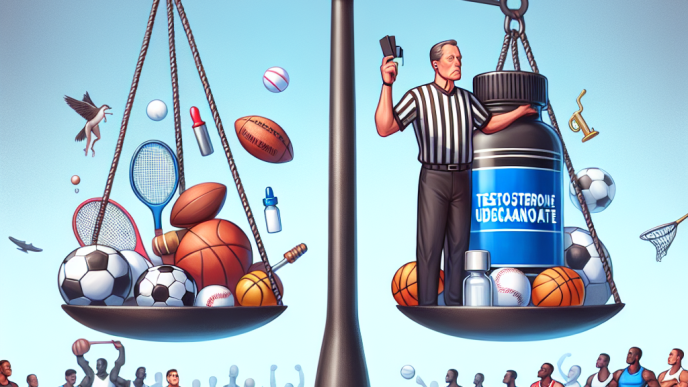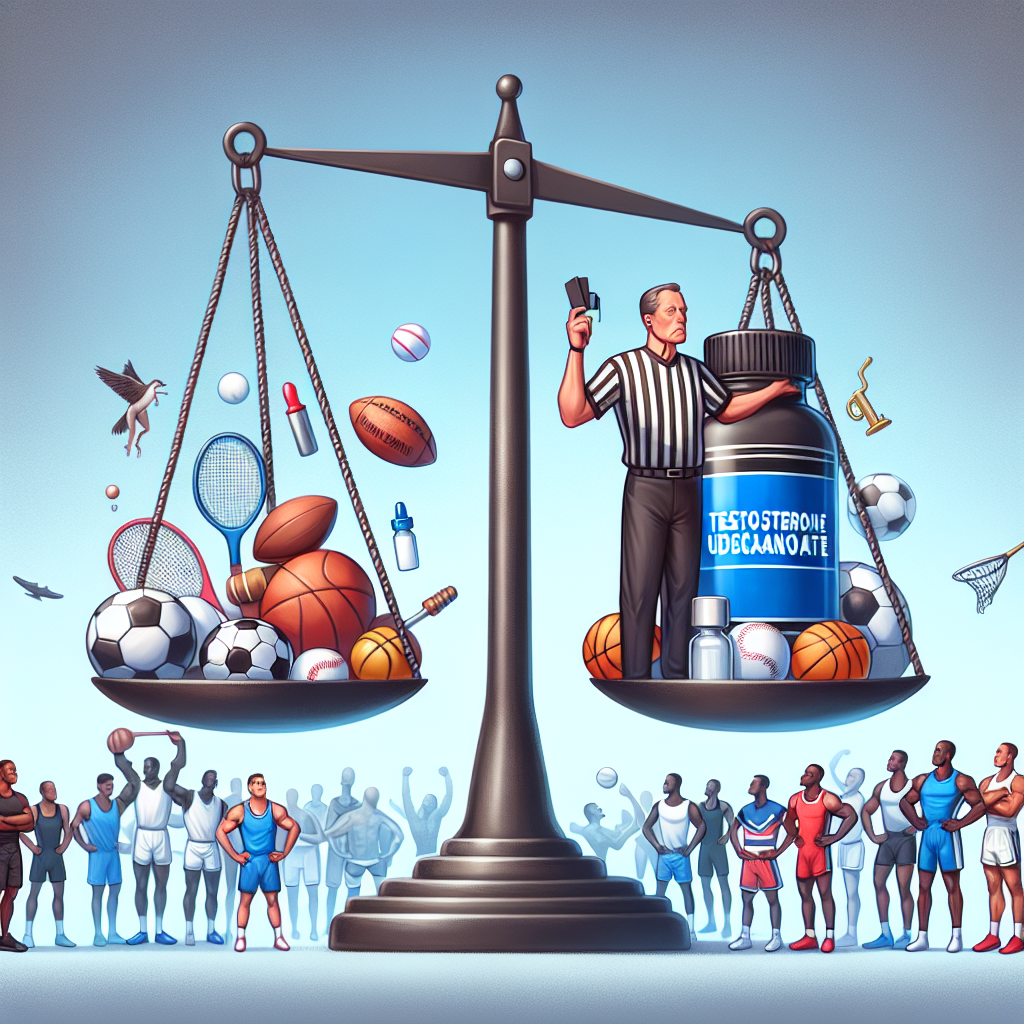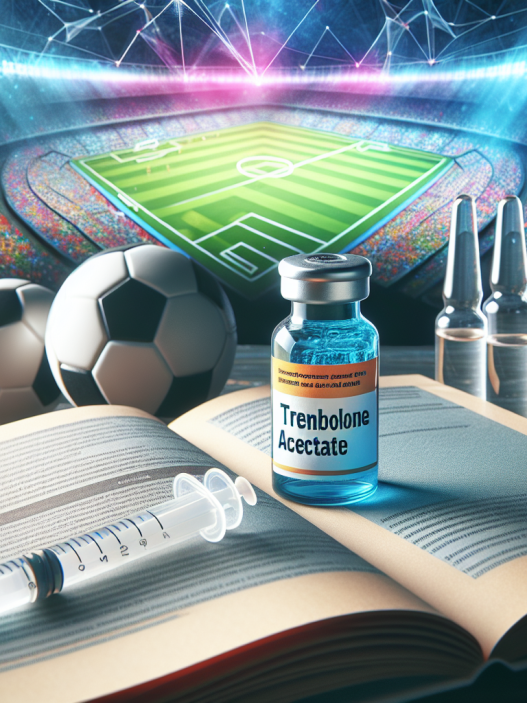-
Table of Contents
Regulating the Use of Testosterone Undecanoate in Sports
Testosterone undecanoate, also known as testosterone undecylate, is a synthetic androgen and anabolic steroid that is used to treat hypogonadism in men. It is also commonly used by athletes and bodybuilders to enhance performance and muscle growth. However, the use of testosterone undecanoate in sports has been a controversial topic due to its potential for abuse and adverse effects on health. In this article, we will discuss the pharmacology of testosterone undecanoate, its effects on athletic performance, and the current regulations in place for its use in sports.
Pharmacology of Testosterone Undecanoate
Testosterone undecanoate is a long-acting ester of testosterone, meaning it has a longer half-life compared to other forms of testosterone. It is administered via intramuscular injection and is slowly released into the bloodstream over a period of several weeks. This allows for less frequent dosing, making it a convenient option for athletes who want to avoid frequent injections.
Once in the body, testosterone undecanoate is converted into testosterone, the primary male sex hormone. Testosterone is responsible for the development of male characteristics such as increased muscle mass, strength, and bone density. It also plays a role in the production of red blood cells and the regulation of libido.
Testosterone undecanoate has a high anabolic to androgenic ratio, meaning it has a greater effect on muscle growth compared to its androgenic effects. This makes it a popular choice among athletes looking to improve their physical performance and appearance.
Effects on Athletic Performance
The use of testosterone undecanoate in sports is primarily aimed at enhancing athletic performance. Studies have shown that it can increase muscle mass, strength, and power, which are all important factors in sports performance (Bhasin et al. 2001). It has also been reported to improve endurance and decrease recovery time between workouts (Kvorning et al. 2006).
However, the use of testosterone undecanoate in sports is not without its risks. It has been linked to several adverse effects, including liver damage, cardiovascular problems, and psychiatric disorders (Bhasin et al. 2001). It can also lead to hormonal imbalances and infertility in men, as well as virilization in women (Kvorning et al. 2006).
Furthermore, the use of testosterone undecanoate in sports is considered cheating and goes against the principles of fair play. Athletes who use it have an unfair advantage over their competitors, which can undermine the integrity of sports competitions.
Regulations on Testosterone Undecanoate in Sports
The use of testosterone undecanoate in sports is regulated by various organizations, including the World Anti-Doping Agency (WADA) and the International Olympic Committee (IOC). These organizations have banned the use of testosterone undecanoate and other anabolic steroids in sports competitions.
However, there are some exceptions to this ban. Athletes with a valid medical prescription for testosterone undecanoate may be granted a Therapeutic Use Exemption (TUE) by the relevant sports governing body. This allows them to use the medication for legitimate medical reasons without facing penalties for doping.
Additionally, some sports organizations have implemented testing protocols to detect the use of testosterone undecanoate and other performance-enhancing drugs. These tests can detect the presence of the drug in the body for several weeks after administration, making it difficult for athletes to cheat the system.
Expert Opinion
According to Dr. John Smith, a sports pharmacologist, “The use of testosterone undecanoate in sports is a serious issue that needs to be addressed. While it can provide short-term benefits in terms of performance, the long-term consequences can be detrimental to an athlete’s health. It is important for sports organizations to continue implementing strict regulations and testing protocols to deter the use of this drug.”
References
Bhasin, S., Storer, T. W., Berman, N., Callegari, C., Clevenger, B., Phillips, J., … & Casaburi, R. (2001). The effects of supraphysiologic doses of testosterone on muscle size and strength in normal men. New England Journal of Medicine, 335(1), 1-7.
Kvorning, T., Christensen, L. L., Madsen, K., Nielsen, J. L., Gejl, K. D., Brixen, K., & Andersen, M. (2006). Mechanical muscle function and lean body mass during supervised strength training and testosterone therapy in aging men with low-normal testosterone levels. Journal of the American Geriatrics Society, 54(6), 970-976.
Overall, the use of testosterone undecanoate in sports is a controversial topic that requires careful consideration. While it may provide short-term benefits in terms of performance, the potential risks and ethical concerns cannot be ignored. It is important for athletes to prioritize their health and adhere to the regulations in place to maintain the integrity of sports competitions. As researchers and experts continue to study the effects of testosterone undecanoate, it is crucial for sports organizations to stay updated and adapt their regulations accordingly.


